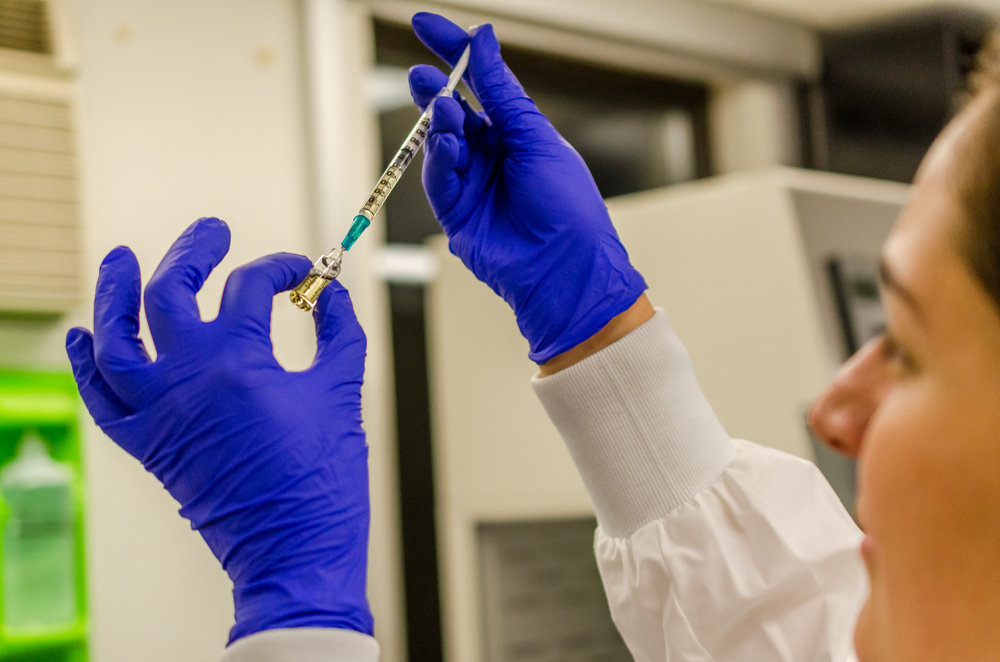Contents:
- Medical Video: Johns Hopkins Medicine | Aplastic Anemia
- Facts about fanconi anemia
- Causes of fanconi anemia
- Symptoms of Fanconi anemia
- Complications of Fanconi anemia
- Fanconi anemia diagnosis
- Treatment of Fanconi anemia
Medical Video: Johns Hopkins Medicine | Aplastic Anemia
Fanconi anemia is a blood disorder in which the bone marrow does not make enough blood cells or makes abnormal types of blood cells.
Bone marrow is a sponge material in bone that produces white and red blood cells and platelets. Red blood cells carry oxygen throughout the body, and white blood cells help fight infections; Platelets help clot. All of these cells die after a certain time and are constantly replaced.
Facts about fanconi anemia
Fanconi anemia is a genetic condition. This condition means decreasing in the family, passed down from generation to generation. Most people with fanconi anemia are diagnosed between the ages of 2 and 15 years. People who have anemia may only live for 20 to 30 years. But, medical advances make better treatment.
Having fanconi anemia increases the risk of certain types of cancer, such as leukemia. As children with anemia grow into adulthood, they experience an increased risk for other cancers, such as tumors in the mouth or esophagus; women are at greater risk for cancer of the reproductive organs.
Causes of fanconi anemia
Thirteen genes have been linked to this disease. If one of your parents has fanconi anemia, you may carry a gene and can transmit it to your children, even if you don't have the condition. Two groups of people, Ashkenazi and Afrikaner Jews, have a higher risk of developing the disorder.
Symptoms of Fanconi anemia
Here are some signs and symptoms of Fanconi's anemia:
- birth defects involving the kidneys, hands, feet, bones, spine, vision, or hearing
- low birth weight
- eating difficulties
- lack of desire to eat
- learning disability
- delayed or slow growth
- small head
- fatigue
- anemia or low blood count
Bone marrow failure, also called aplastic anemia, means that your body doesn't make enough red blood cells, white blood cells, or platelets. When your body doesn't make enough red blood cells, you can experience anemia. When your body does not produce enough white blood cells, you risk being infected. Finally, if your body does not make enough platelets, you are at risk for bleeding problems.
Other symptoms may appear later. For example, women with Fanconi anemia may menstruate more slowly than their peers and have difficulty getting pregnant or undergoing labor or they may experience early menopause.
Complications of Fanconi anemia
Anemia Fanconi can cause:
- delayed growth or development
- infections, especially pneumonia, smallpox, and hepatitis
- fatigue
- digestive problems
- certain cancers
- Dead
Fanconi anemia diagnosis
Fanconi anemia is usually not diagnosed at birth, even though children are born with this condition. Diagnosis is often made based on:
- family history
- personal medical history
- symptoms
- growth and measurement of body development
- blood test
- bone marrow testing
- genetic testing. You might be advised to look at a geneticist, a doctor who specializes in diseases passed from parent to child through genes. Genetics can provide specific testing. Brothers of children with Fanconi anemia must also be tested.
Treatment of Fanconi anemia
Doctors have many approaches to treat this anemia. Depending on your age and how well your bone marrow works, this is a possible treatment:
- Antibiotics to help fight infection.
- Surgery to correct birth defects or digestive problems.
- Blood transfusion (considered a short-term choice).
- Medications to help the body make blood cells more effective.
- Transplant blood cells and marrow stem, where you receive blood cells from other people. If successful, the donated cells will allow your body to make red blood cells, white blood cells and platelets themselves.
- Androgen therapy.
- Synthetic growth factor. This is a drug to help your body produce more red blood cells, white blood cells and platelets.
- Gene therapy.












